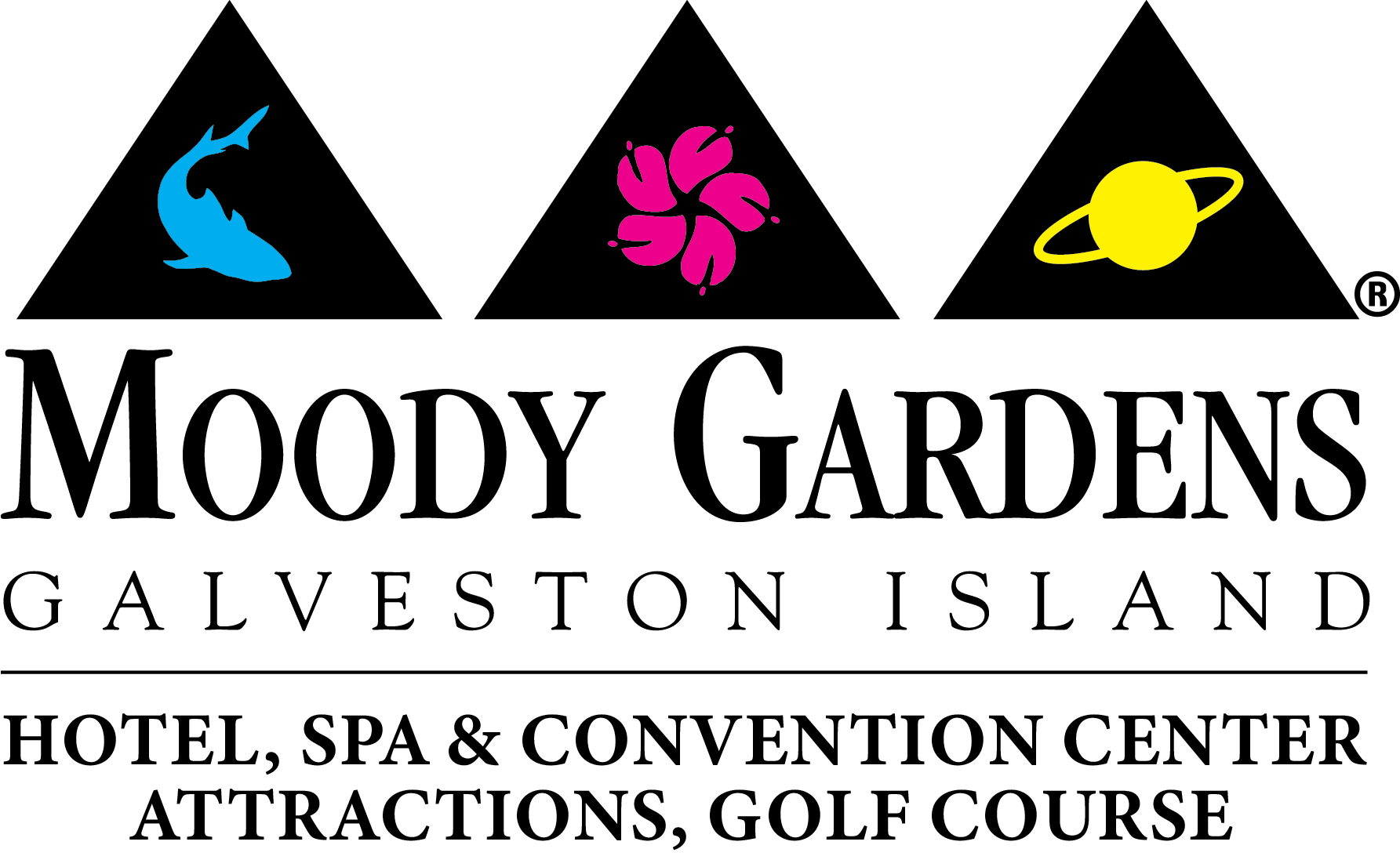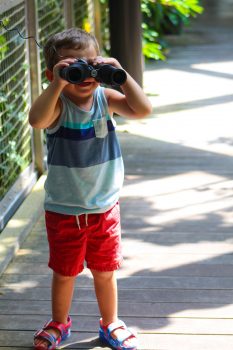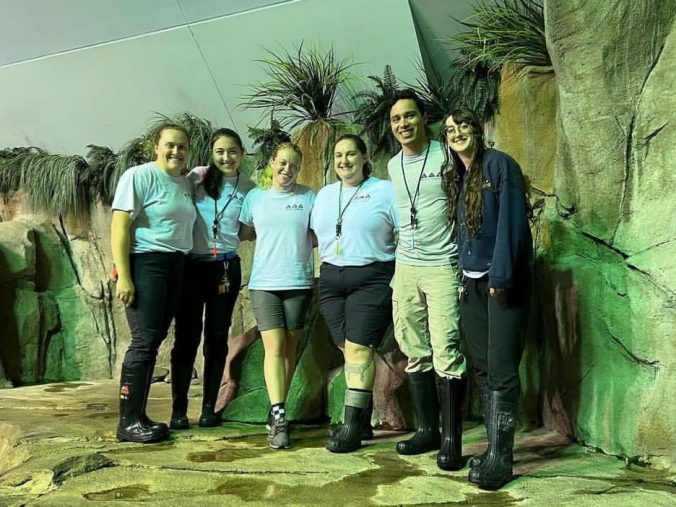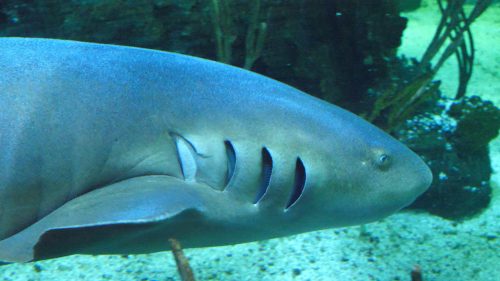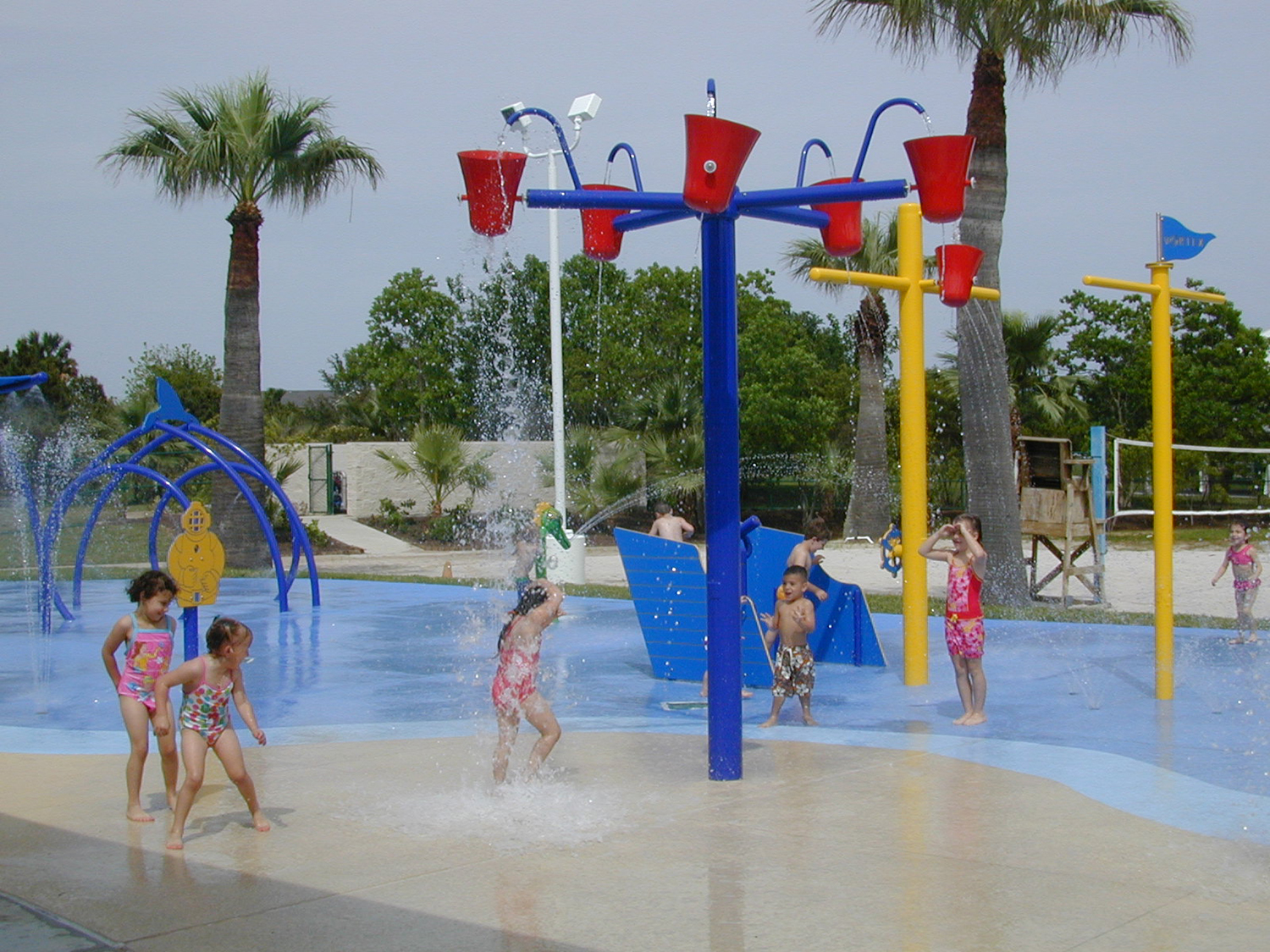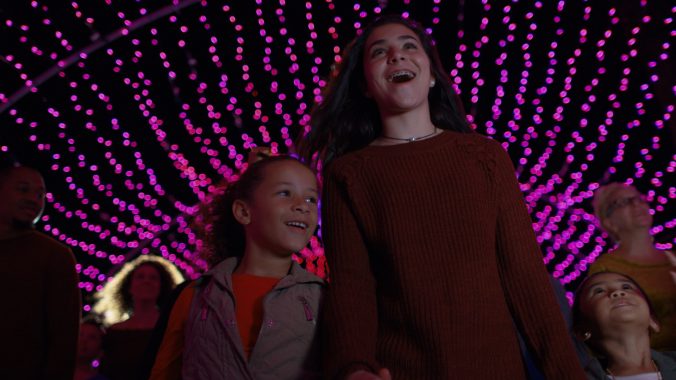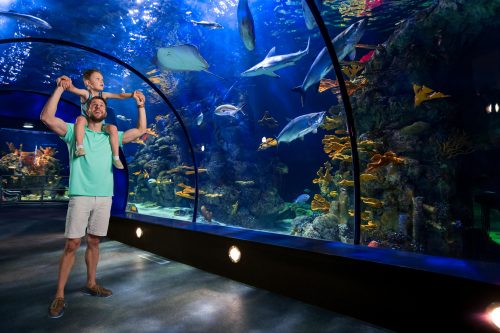
Start Your Cruise Off Seamlessly at the Moody Gardens Hotel & Spa in Galveston
(Please note: Offers and prices may change without notice. Always verify current specials & packages by visiting www.moodygardens.org)
Galveston, Texas is fast becoming a hub for cruise enthusiasts, ranking among the top destinations in the country for embarking on a memorable cruise vacation. With its picturesque shoreline and convenient cruise terminals, it’s no wonder that this coastal gem has caught the attention of travelers seeking the perfect pre-cruise stay. Nestled in the heart of Galveston with the iconic pyramids, the Moody Gardens Hotel, Spa & Convention Center offers an enticing solution for those looking to start their cruise experience stress-free. Let’s cruise through why staying at this spectacular hotel before your trip on the ship could be the perfect way to kickstart your vacation.
- Cruising’s Rising Star – Galveston’s Cruise Scene: Galveston has been making waves in the cruise industry, consistently ranking as one of the top cruise departure points in the United States. In fact, it’s poised to take the number two spot soon. With its strategic location on the Gulf of Mexico, it’s an ideal launchpad for cruise adventures. Staying at Moody Gardens Hotel & Spa allows you to fully embrace this coastal paradise and conveniently start your cruise journey.
- Say Goodbye to Parking Woes: One of the most significant advantages of booking a stay at the Moody Gardens Hotel & Spa is the inclusive cruise package. This package not only provides you with a spectacular guest room but also includes valet parking for your vehicle during your entire cruise duration. The best part? You won’t have to pay a penny extra for parking. It’s essentially a cost-effective way to keep your vehicle secure while you embark on your cruise adventure.
- No More Hauling Luggage: Picture this – you arrive at the cruise terminal with your luggage, navigating giant parking lots, busy streets, and unfavorable weather conditions. It’s not the ideal way to start a relaxing vacation, right? However, when you stay at Moody Gardens, you can bid farewell to these hassles. The hotel’s convenient shuttle service ensures that you and your luggage are dropped off right at the terminal’s doorstep. No more dragging suitcases through rain or scorching heat – your vacation starts with ease and comfort.
- Safe and Secure: Security is a priority when it comes to your vehicle. At Moody Gardens Hotel, Spa & Convention Center, you can trust that your car will be securely parked throughout your cruise. This peace of mind allows you to fully enjoy your vacation without worrying about your vehicle’s safety.
- A Stress-Free Start: For those who dread the early morning drive to the cruise terminal, filled with stress and parking anxieties, Moody Gardens Hotel & Spa offers an attractive alternative. Instead of rising before dawn, you can wake up refreshed, enjoy a delicious breakfast, and then simply board the shuttle. It transforms the transition from everyday life to vacation mode into a seamless and enjoyable experience.
- Explore Moody Gardens with the Value Pass: Come in a day early and make your trip even more memorable by adding the “Value Pass” to your stay. The value pass is discounted to $45 per person for cruise passengers and gives you and your family access to the Rainforest and Aquarium Pyramids; 20,000 Leagues: An Interactive Adventure; 3D Theater; 4D Theater; and Colonel Paddlewheel Boat. It’s a fantastic opportunity to turn your pre-cruise stay into a shore excursion, exploring the wonders of Moody Gardens’ attractions while staying at the hotel.
As you can see, starting your cruise vacation at the Moody Gardens Hotel & Spa in Galveston is a smart choice. With our all-inclusive cruise package, you can leave behind the worries of parking, transportation, and luggage handling. Instead, savor a stress-free beginning to your cruise adventure, with the added bonus of enjoying the scenic beauty and attractions Galveston has to offer. To book your hassle-free pre-cruise stay, visit the Moody Gardens Hotel, Spa & Convention Center website at www.moodygardens.org and set sail for a vacation you’ll cherish forever.
